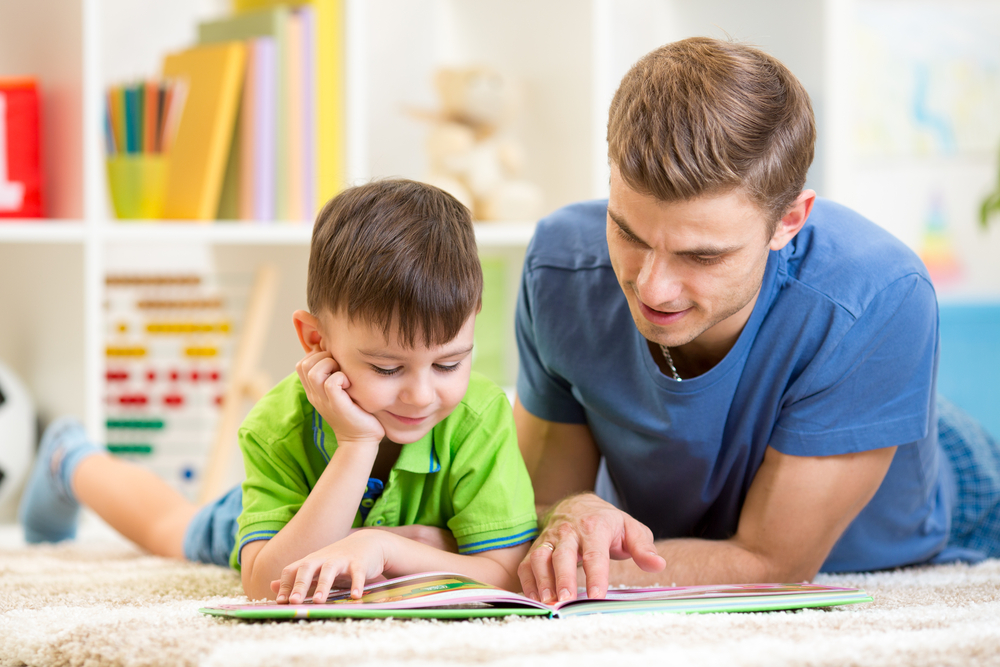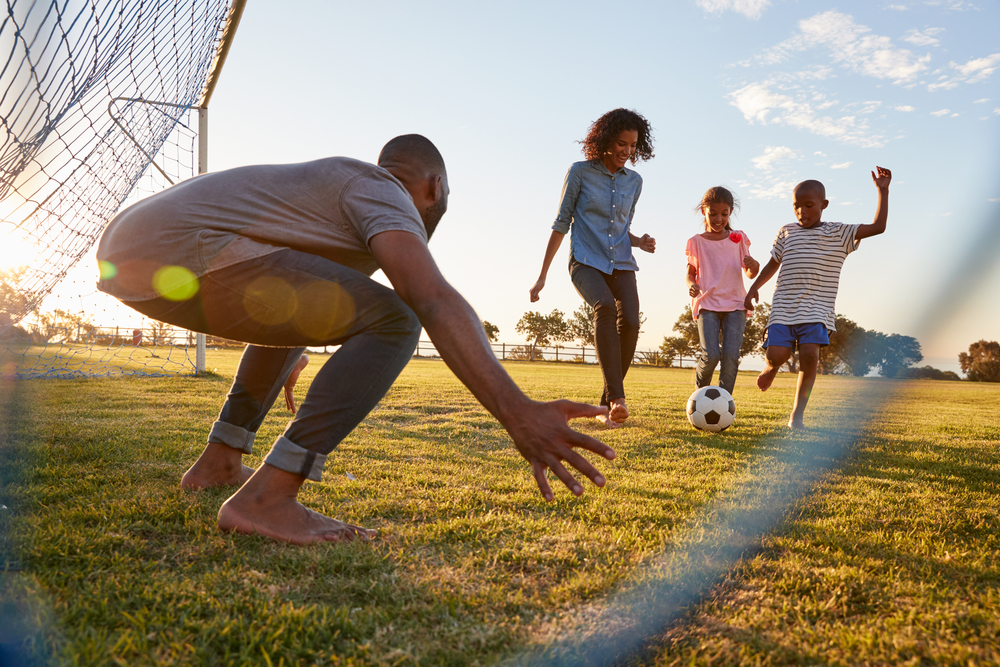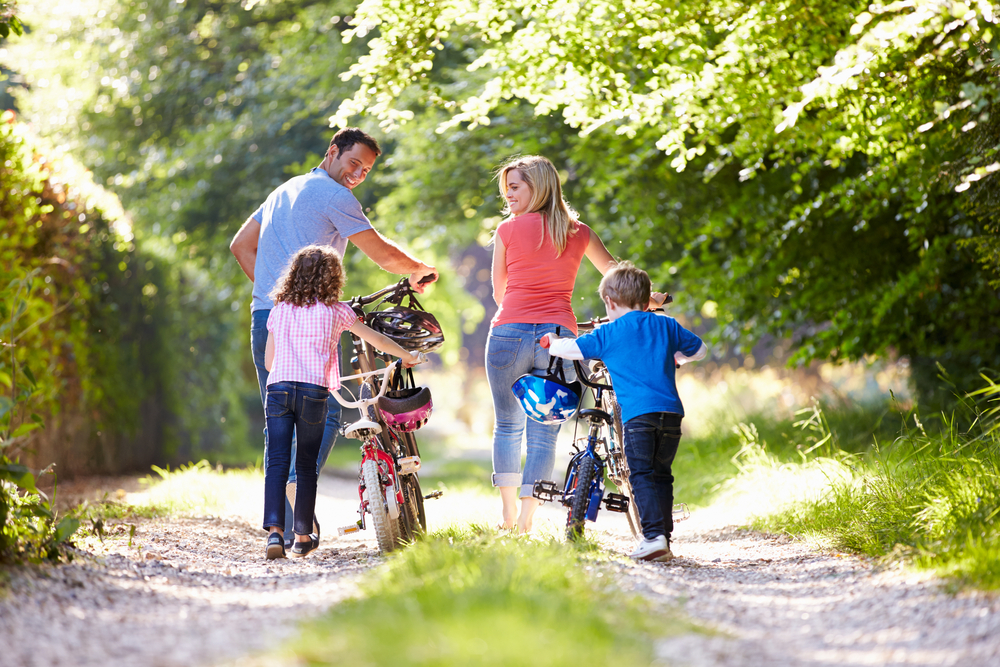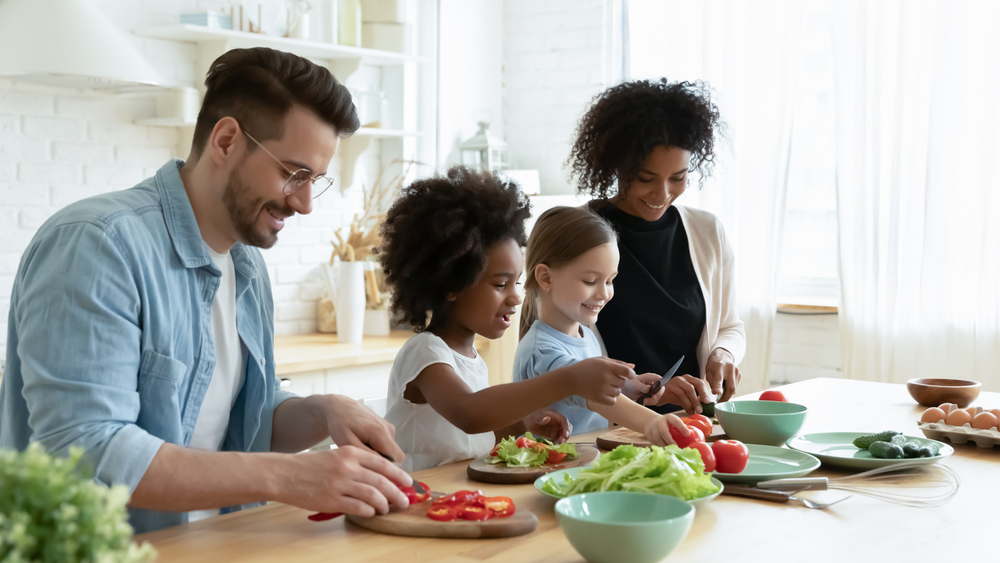The past 12 months of the coronavirus and intermittent lockdowns have been a challenging time for both parents and children, especially with normal routines and patterns of work, learning and play disrupted.
This ‘new normal’ has been hard to adjust to for many families.
The latest lockdown, coming off the back of a typically over-indulgent Christmas period, is likely to have created the perfect storm for weight gain for many parents and their children.
Schools are closed where children would normally have regular PE lessons and break times to be active with their friends, sports clubs and leisure centres are shut, many children are stuck inside home-schooling with working parents for long hours with low levels of activity, and poor weather and short days at this time of year mean even the most self-motivated among us are likely to be reluctant to venture outside.
All of this means daily activity levels, which are so important for fitness, exercise and general energy expenditure, are likely to be reduced which can lead to weight gain.
While these are not ideal conditions, there is still plenty we can do as parents to encourage our children to stay active, enjoy fitness and maintain good health.

When it comes to our adult clients at Ultimate Performance, effective weight loss comes down to energy balance – ensuring consistently that energy expended through activity and exercise exceeds that from energy consumed through foods.
This is exactly the same for children.
However, for any parents who are worried their child may have gained weight over lockdown, in the majority of cases you can get back to a healthy bodyweight with your child organically without any conscious focus on weight.
It is worth underlining that you should never make it about weight – you don’t want your child to develop an obsession with weight or a number on a scale.
Instead, when it comes to exercise, you should focus on ways to make it fun and enjoyable for your child to be active and move their body.

Never impose a routine on a child as chances are, they will see it as a chore.This is the very last thing we want children to think about with exercise and fitness.
We want exercise and activity to be something that they look forward to and see as a daily reward for working hard at school or getting the chance to get outside, play, have fun and do some exercise.
So the single most important thing is finding something that they enjoy.
You don’t push them into it. You don’t make it become another aspect of a school lesson. You make it something fun.
This can be anything. Be creative – this could be ball games, hide and seek or tag, treasure hunts, bike races, recreating schoolyard games, creating an assault course in the garden, or even more formal sports.
Basically, anything fun and challenging that will get them using their bodies, get them out of breath and get their feel-good endorphins flying.

The other side of the weight loss coin is food and nutrition.
We don’t want to demonize any foods in the eyes of children. No foods are inherently fattening, but there are foods that are more conducive to a healthy bodyweight than others.
The simplest thing we can focus on with children (and most adults as well) is eating from the land.
That means essentially fresh, whole, single-ingredient foods that are nutrient dense, satiating and come from a farm rather than a factory.
So, lots of fish, good quality meats, vegetables of all colours, non-refined sources of carbohydrates, like pules, sweet potato or rice, and healthy sources of fat, like nuts, seeds, avocados etc.
Sweets and chocolates are a treat that should not really be a daily dietary staple.
When it comes to children, it is never about counting calories or focusing on foods that are ‘good’ or ‘bad’ foods, it is about setting up for success and helping guide them to making healthier food choices and instilling healthier habits around food.
What does this mean? Firstly, take control of your food environment – hide treats away or don’t regularly buy them in, make fruit and vegetables more readily available, don’t have a large tub of ice cream in the freezer – a small pot of frozen yoghurt will suffice.
Then other things like setting regular mealtimes around the table, not eating in front of the television which can lead to mindless eating or snacking, involving your children in the process of cooking – choosing healthy recipes and then helping to create them.
Most of these things are small changes that are simple and easy to make, but collectively can have a significant impact.

What’s the best way to educate children? You lead by example.
You don’t have to demonize food. You don’t say ‘you can’t have that bowl of ice cream’ or ‘you can’t have that pizza’. But you always balance it out. ‘We have pizza in moderation on occasion’
On occasion, it does nobody any harm.
But you educate them on the importance of eating well.
You don’t just say ‘you must eat well!’ You say ‘do you want to be tall when you’re older? Do you want to be smart? Do you want to be strong? Do you want to have beautiful hair and skin? Eat well…’
Whatever the triggers are for the child, good nutrition, sleeping properly and all aspects of health and fitness, you will find a trigger for your individual child.
Ultimately, our job as parents is help guide our children down the right path and help build healthy habits into their lives.
So lead by example and your children will follow. Whether that is exercising every day, enjoying walks, or eating home-cooked meals, if they see you doing it, they will do it too.



